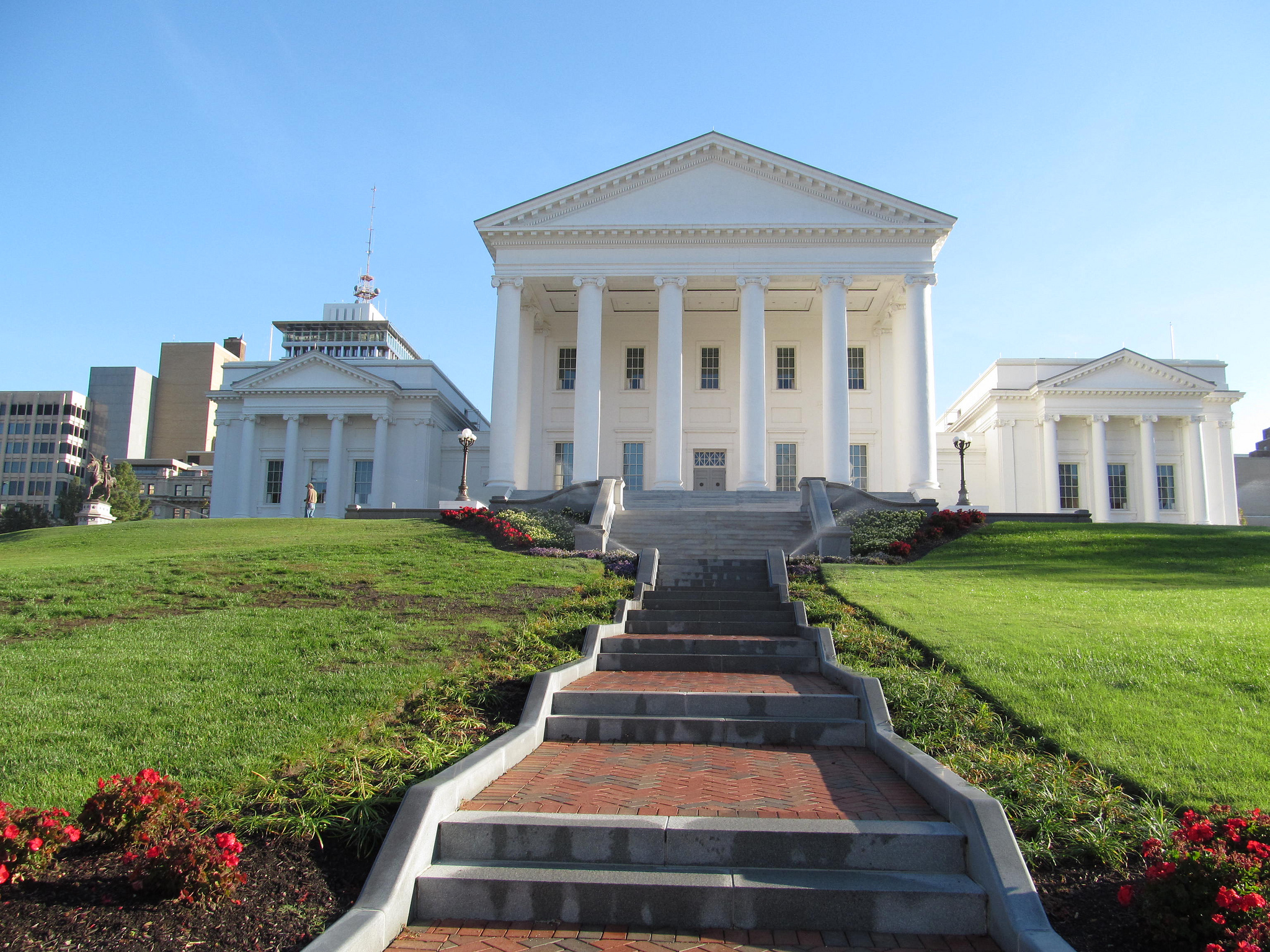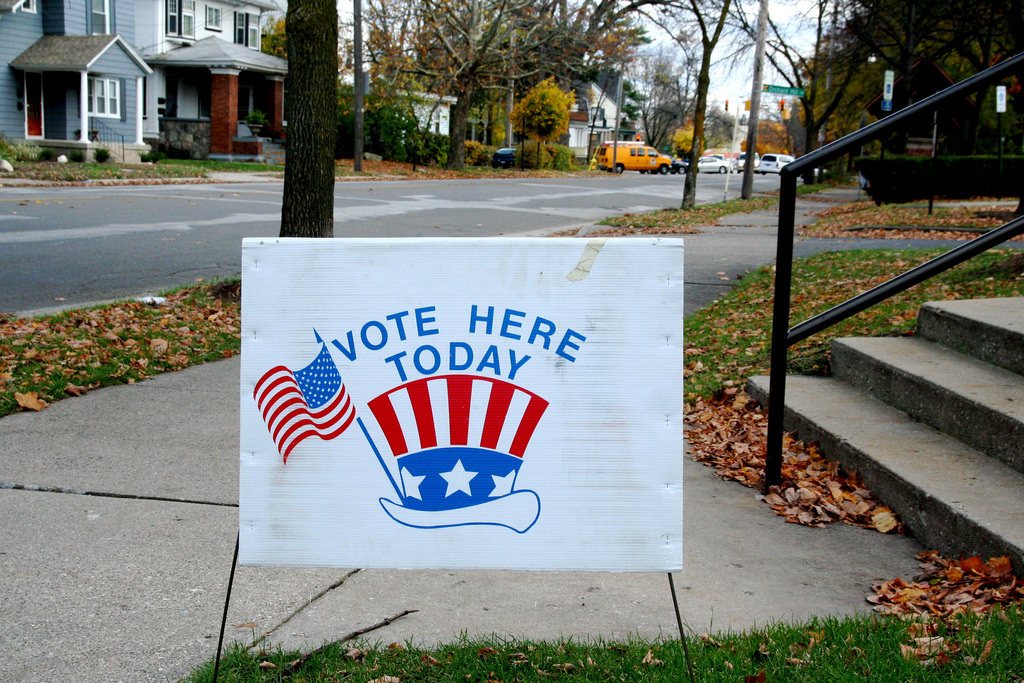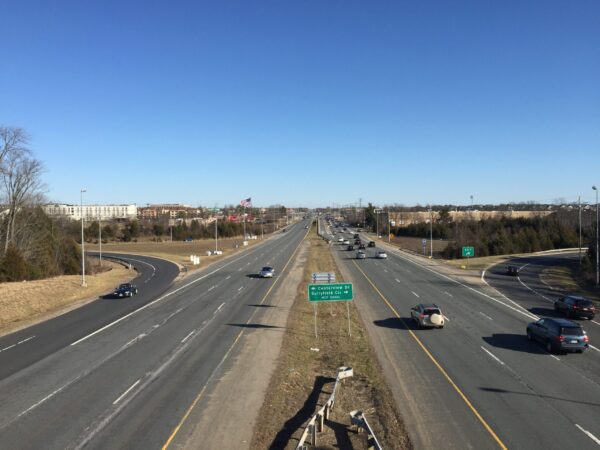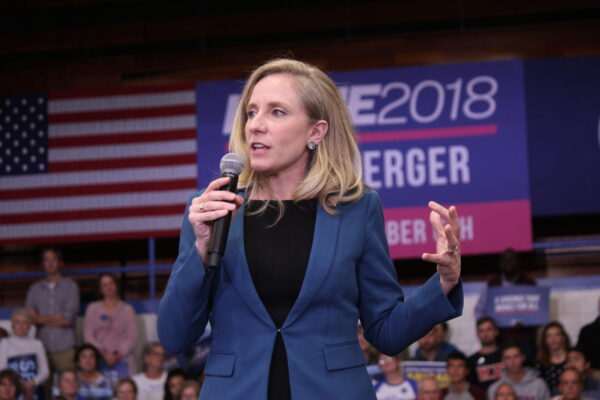One of the biggest topics precluding the 2019 General Assembly session that begins on January 9 on Bank Street in Richmond is what the Commonwealth will do with the immense tax collection windfall that occurred over the past year. Republicans have motioned to reform the state’s tax code to federal rules to effectively launch a middle-class tax break after the overhaul by lawmakers in Washington. Meanwhile, Governor Ralph Northam (D) and Democrats in the statehouse are looking to forward a proposal to make the earned income tax credit (ETIC) refundable, which over 60 percent of Virginians oppose.
Nevertheless, after top GOP lawmakers and other members of the General Assembly met for the Governor’s Advisory Council on Revenue Estimate (GACRE) with state business leaders this week, it seems lawmakers have come to somewhat of a consensus about where to direct the surplus of over half a billion dollars in state revenue.
The big-ticket spending priorities include a large investment in rural broadband, off-setting the costs of higher education, and transportation infrastructure, explained Chairman of the House Appropriation Committee Chris Jones (R-Suffolk), according to a report from NPR.
“We’ll be nibbling around the edges–we always do–but we worked very well together last session, and I see that continuing,” Jones said.
Secretary of Finance Aubrey Layne said there is “a generally rosy outlook” for state finances, with revenues up 4.5 percent over last year through the end of October, beating projections of 1.5 percent growth. Statewide unemployment is also sitting below the national average at 2.9 percent, the lowest since 2007. Regardless, Layne stated he is uncertain of growth beyond 2020 due to Virginia’s softening housing market and federal trade tariffs that have affected agricultural exports, one of the Commonwealth’s largest private industries.
Both Jones and Layne did agree, however, that any new spending projects are “once-off,” meaning they do not affect future revenue streams. Republicans agree that nearly half of the tax windfall should be put into the “Rainy Day Fund,” in preparation for a future recession that could be looming over a decade after the beginning of the Great Recession of 2008.
Governor Northam, on the other hand, wants to target “spiraling healthcare costs,” as Medicaid expansion went into effect earlier this year. Interestingly, he mentioned that Senate Bill 964, introduced by State Senator Glen Sturtevant (R-Richmond), a bill the governor vetoed in May, is “certainly something we can put on the table.” The Republican proposal was set to expand access to Affordable Care Act catastrophic healthcare plans in the insurance marketplace.





